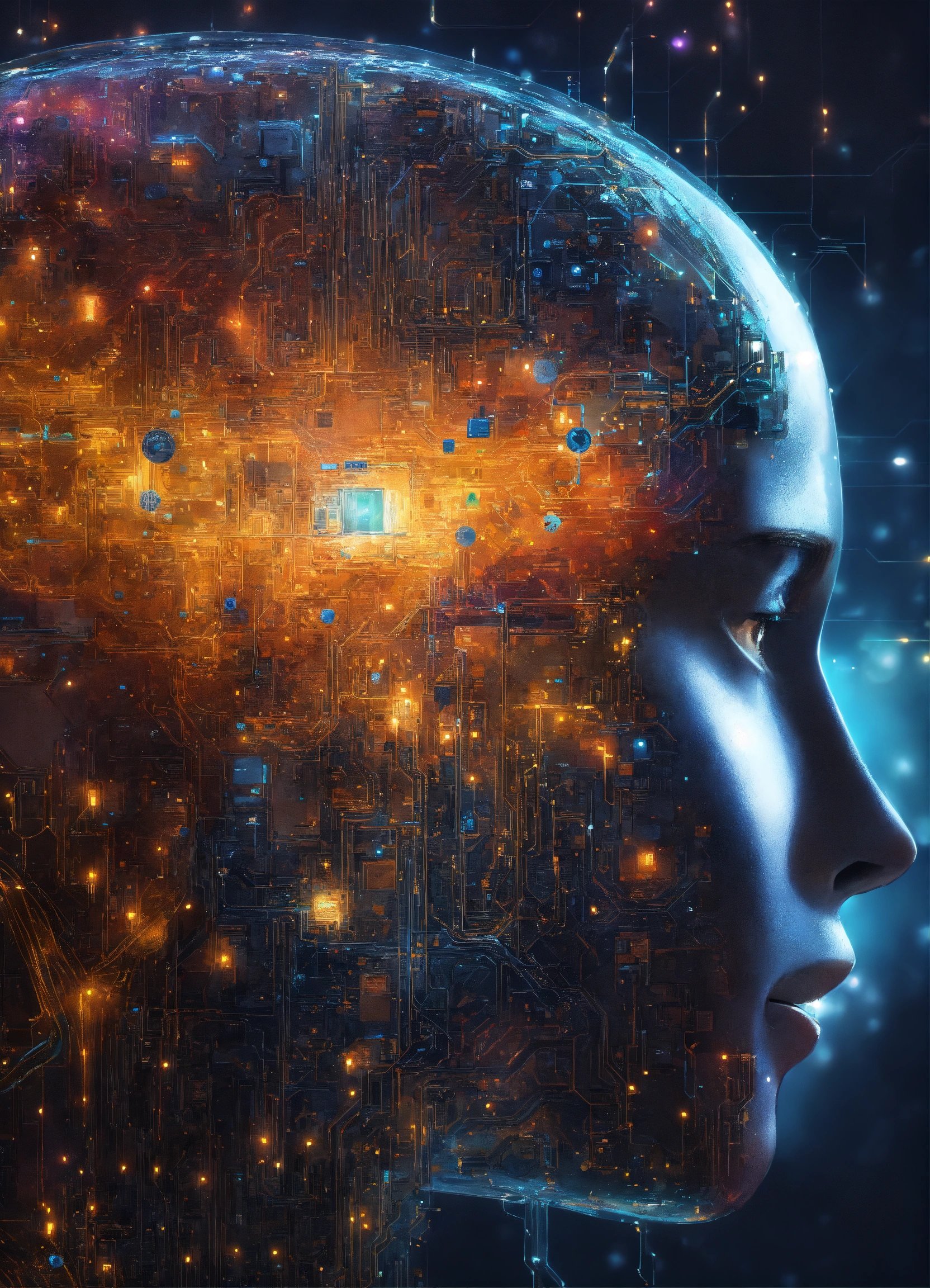The Role of a Machine Learning Engineer in the Era of Artificial Intelligence
Machine learning engineers play a crucial role in implementing and deploying machine learning models in diverse applications.
Join the DZone community and get the full member experience.
Join For FreeIn today's digital age, artificial intelligence (AI) has become an integral part of many industries. From automating processes to enhancing customer experiences, AI has immense potential to transform businesses. And at the core of this transformative technology lies machine learning, a field that focuses on developing algorithms that enable computer systems to learn and make predictions or decisions without being explicitly programmed.
Machine learning engineers play a crucial role in implementing and deploying machine learning models in diverse applications. They bridge the gap between traditional software engineering and data science, combining their knowledge of coding and mathematics to create powerful AI systems. In this article, we will delve into the understanding, skills, responsibilities, challenges, and future prospects of machine learning engineering.

Understanding Machine Learning Engineering
Machine learning engineering is the field that combines software engineering principles with data science and statistical modeling techniques to build and deploy machine learning systems. A machine learning engineer takes raw data, applies data preprocessing techniques, and then trains models on this data to make accurate predictions or decisions.
Machine learning engineers understand the underlying algorithms and frameworks used in machine learning, such as deep learning, reinforcement learning, and natural language processing. They are proficient in programming languages like Python, R, or Java and libraries such as TensorFlow, PyTorch, and scikit-learn.
Skills and Qualifications of a Machine Learning Engineer
To succeed as a machine learning engineer, a strong foundation in computer science and mathematics is essential. Here are some key skills and qualifications that are typically required in this role:
- Programming: Proficiency in languages such as Python, Java, or R is a must. Machine learning engineers should be comfortable writing efficient and optimized code, as well as working with libraries and frameworks specific to machine learning.
- Mathematics and Statistics: Solid knowledge of linear algebra, calculus, probability, and statistics is vital for understanding and implementing machine learning algorithms. Machine learning engineers should be able to analyze data and make informed decisions based on statistical techniques.
- Data Manipulation and Preprocessing: Machine learning engineers should possess expertise in data cleaning, preprocessing, and feature engineering to ensure high-quality input for their models. This includes techniques such as normalization, outlier detection, and handling missing data.
- Machine Learning Algorithms and Models: A deep understanding of various machine learning algorithms and frameworks is required. Machine learning engineers should be familiar with regression, classification, clustering, and neural networks, as well as deep learning architectures such as convolutional neural networks (CNNs) and recurrent neural networks (RNNs).
- Software Engineering: Good software engineering skills are necessary to develop scalable and maintainable machine learning systems. Version control, testing, and deploying models into production environments are important aspects of the role.
- Data Visualization and Communication: Machine learning engineers should be able to effectively communicate their findings and insights to both technical and non-technical stakeholders. Data visualization skills help in presenting complex information in a clear and understandable manner.
- Continuous Learning: The field of AI is evolving rapidly, and machine learning engineers must keep up with the latest research and developments to stay competitive. Having a passion for continuous learning and self-improvement is crucial.
The Responsibilities of a Machine Learning Engineer
Machine learning engineers have a diverse set of responsibilities, which can vary depending on the industry and organization. Here are some common tasks performed by machine learning engineers:
- Data Analysis and Exploration: Machine learning engineers work closely with data scientists and domain experts to understand the problem at hand and the available data. They analyze data sets, identify patterns, and extract meaningful insights.
- Data Cleaning and Preprocessing: Machine learning models require clean and well-formatted data for optimal performance. Machine learning engineers are responsible for cleaning, preprocessing, and transforming raw data into a suitable format.
- Model Development and Training: This is the core task of a machine learning engineer. They select appropriate algorithms, fine-tune hyperparameters, and train models on available data. Regular experimentation and optimization are key to improving model performance.
- Model Evaluation and Validation: Machine learning engineers perform rigorous testing and validation of models to ensure their accuracy and reliability. This involves measuring metrics such as precision, recall, and F1 score, as well as cross-validation techniques.
- Deployment and Integration: Once a model is trained and validated, machine learning engineers deploy it into production environments. They integrate the model into existing software systems, design APIs for accessing the model, and handle issues related to scalability and performance.
- Monitoring and Maintenance: Machine learning models need continuous monitoring to ensure their performance remains consistent over time. Machine learning engineers identify and resolve any issues or drifts that may occur.
- Collaboration and Documentation: Effective communication with cross-functional teams is crucial for a machine learning engineer. They collaborate with data scientists, software engineers, and stakeholders to understand requirements and document their work for easy comprehension.
Opinions expressed by DZone contributors are their own.


Comments